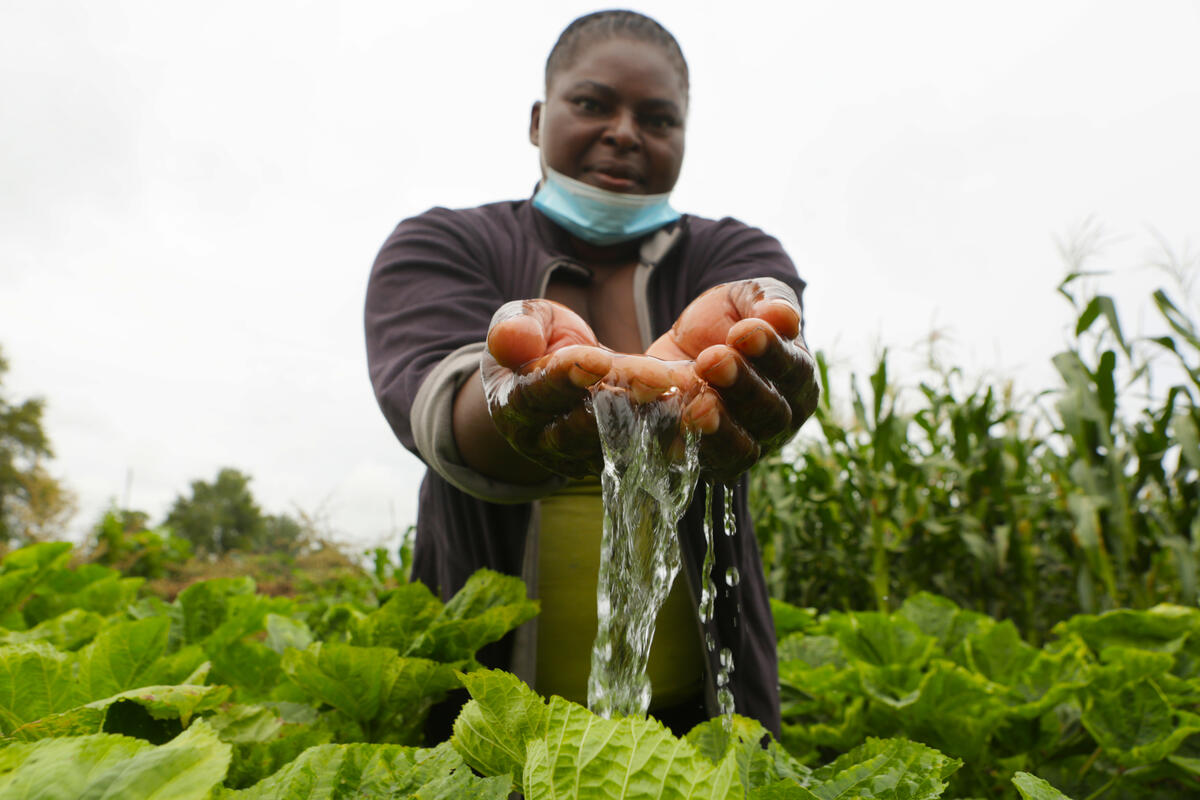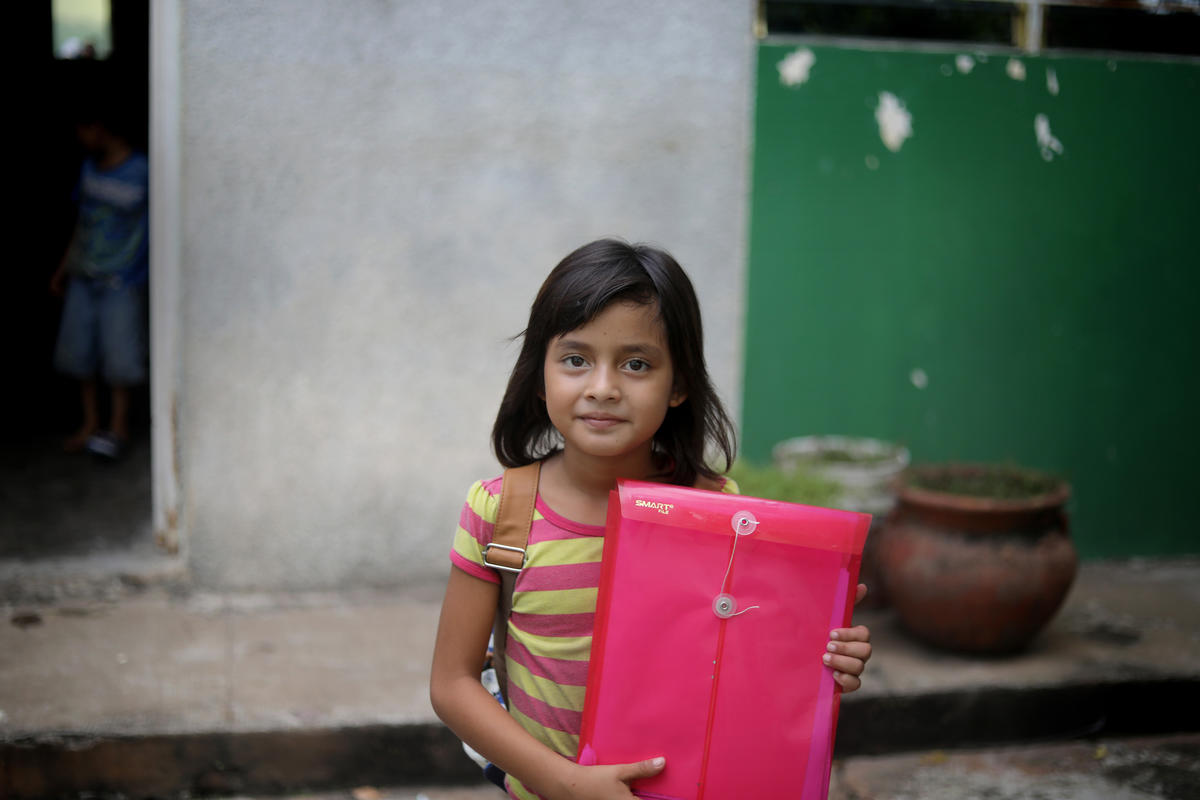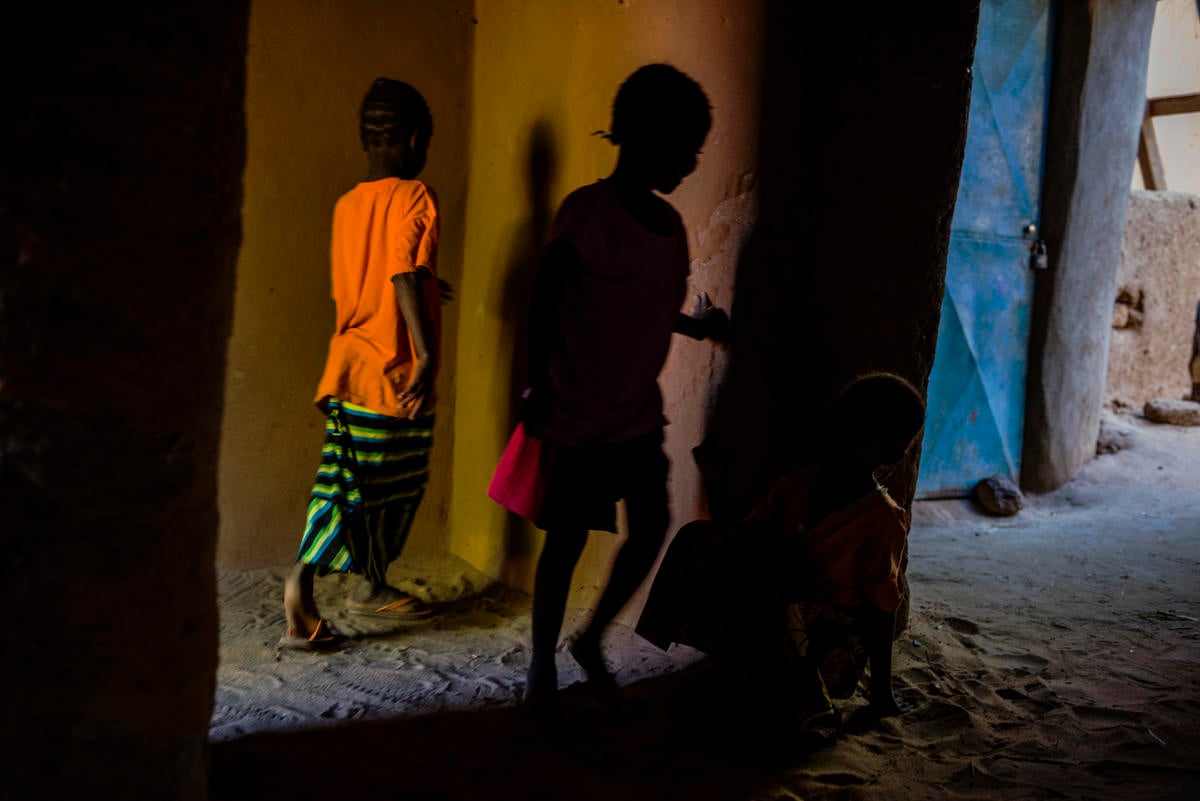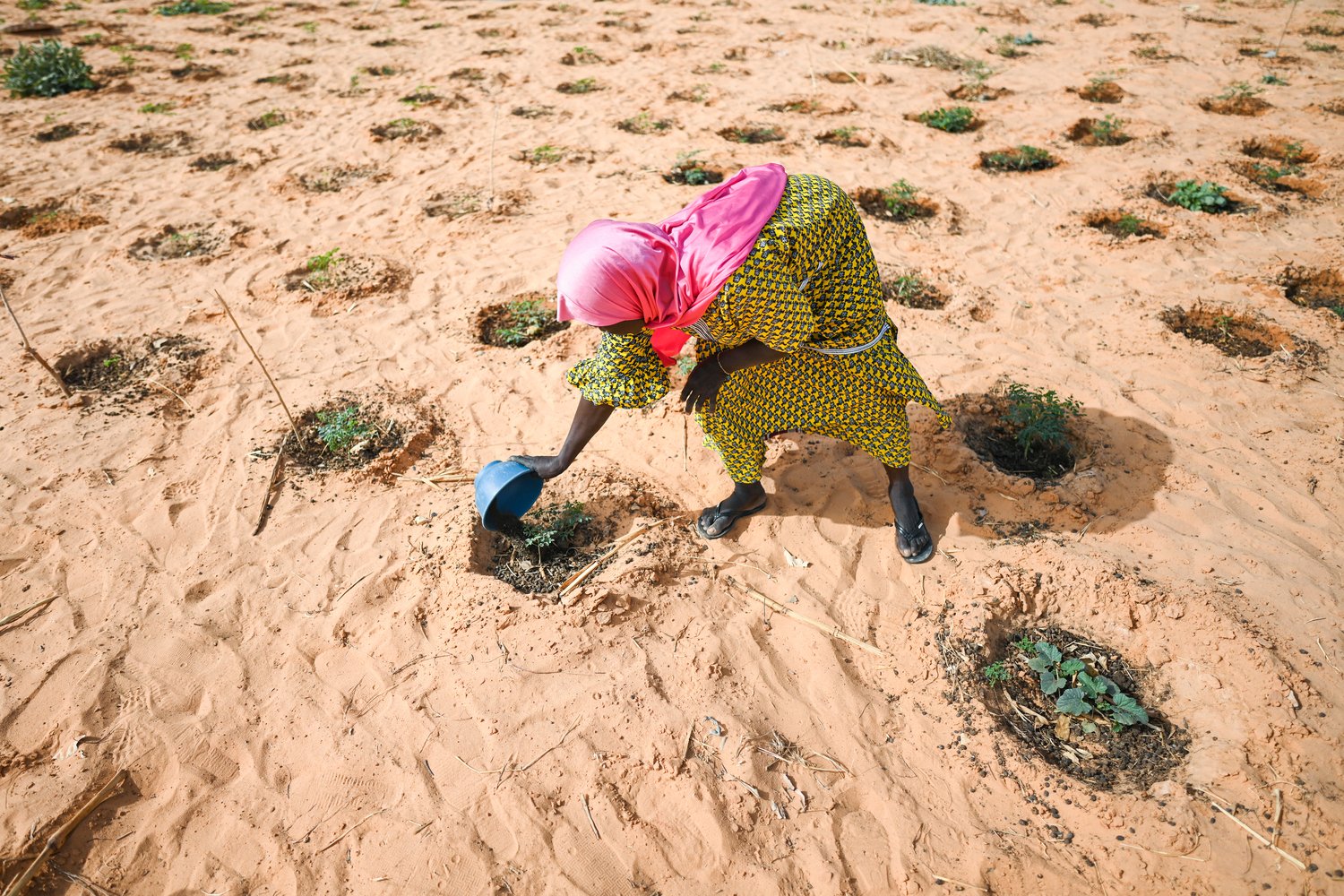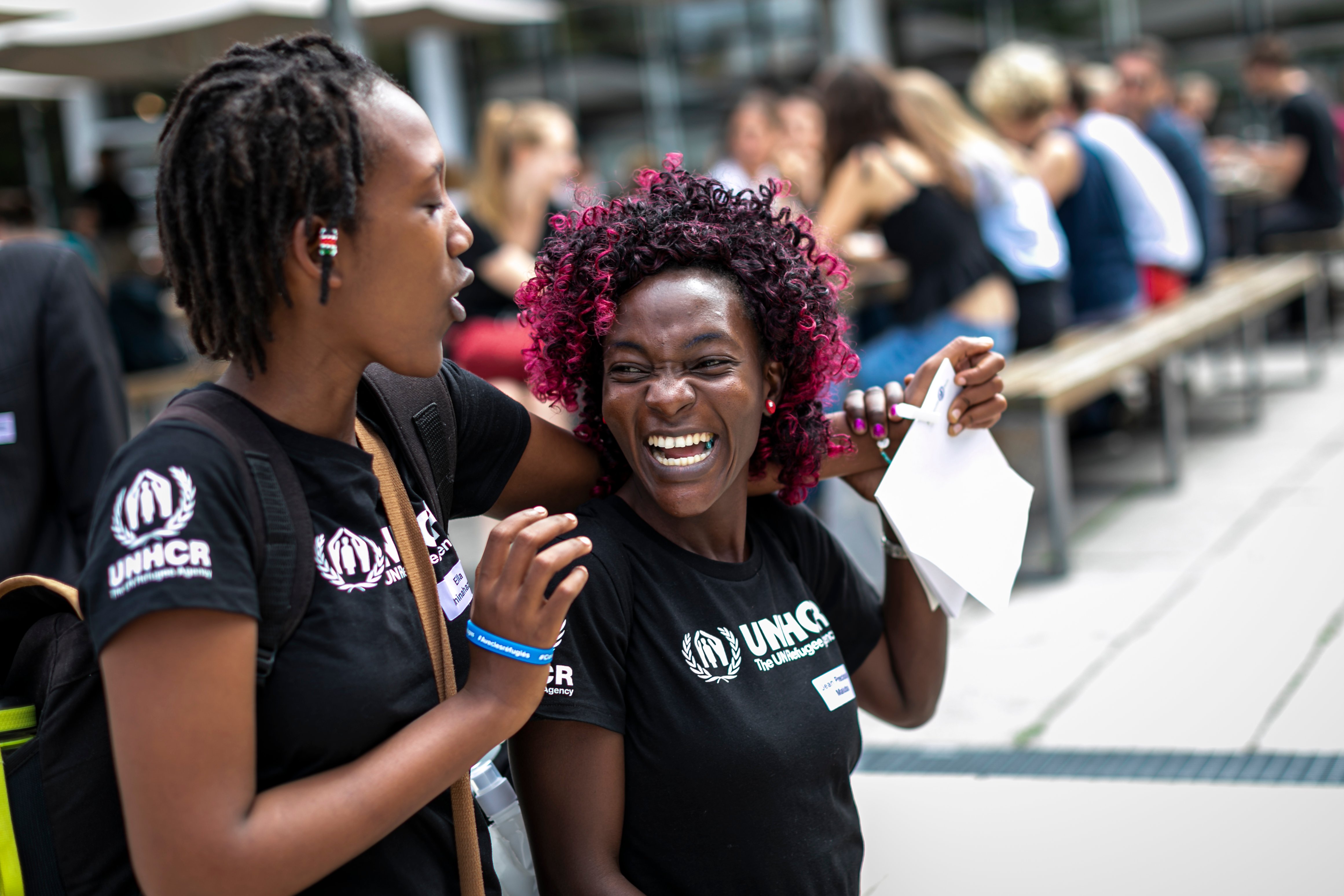Water, Sanitation and Hygiene
Water, Sanitation and Hygiene
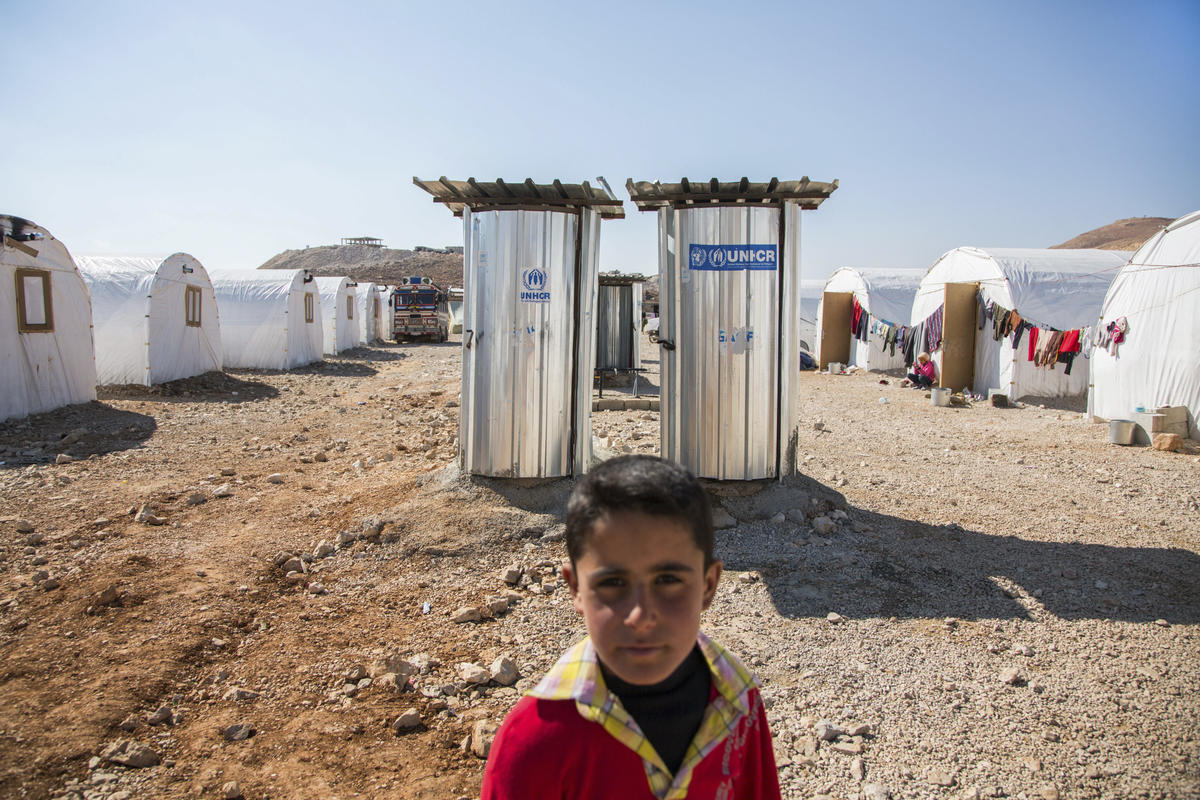
WASH is the collective term for Water, Sanitation and Hygiene. While each is a separate field of work, they are interdependent and help keep refugees healthy. Without toilets, water sources for drinking and cooking can become contaminated. Without safe water, refugees are exposed to diseases and infections. Without soap and other hygiene products, including feminine hygiene products, pathogens can spread in households and communities.
Due to limited resources, refugees tend to live in very densely populated areas where access to WASH is often well below basic standards. Population density can simultaneously reduce the quantity of safe water per person and increase the likelihood of pathogen and disease transmission. In certain contexts, refugees from different households may share a communal toilet with a total of up to 50 people. This heightened level of shared sanitation facilities can interfere with adequate hygiene practices and expose vulnerable refugees to harassment and sexual- and gender-based violence.
Refugees can also spend hours daily travelling long distances or queueing at handpumps or tap stands to collect water. Water collection most often falls on the shoulders of women and girls, resulting in decreased time for school, livelihoods or other activities. The journey can be dangerous since women and girls risk physical injury (from carrying water on their heads) and are exposed to sexual, psychological or physical violence.
How does UNHCR increase refugee access to WASH?
During an emergency, UNHCR’s WASH initiatives ensure immediate survival, dignity and the prevention of disease outbreaks. As a situation stabilizes or becomes protracted, UNHCR focuses on sustainable solutions through capacity building, infrastructure and refugee-led hygiene promotion activities. In alignment with the Sustainable Development Goals (SDGs)Link is external, UNHCR promotes universal and equitable access to WASH for refugees and host communities.
UNHCR advocates with governments for refugee inclusion in national WASH systems, including planning, budgeting and monitoring. When government monitoring systems do not exist or do not cover refugees, UNHCR's WASH monitoring system collects data on households and communities (including schools and healthcare facilities). UNHCR, partners and governments use the data to adapt programming to try to meet the standards and targets relevant to refugee emergencies and protracted situations.
Where countries host refugees and need support, UNHCR provides WASH capacity building, guidance, infrastructure upgrades, support for operation and maintenance, and funding. To prevent the spread of disease or to ensure refugees have sufficient drinking water, UNHCR may truck in, store and treat water in areas where water supply infrastructure is lacking. UNHCR may construct or provide toilets and support waste disposal while also increasing access to soap and cleaning products and hygiene items. Through the proper management of solid waste disposal, UNHCR helps to control or eliminate disease vectors such as mosquitos, flies and other vermin.
UNHCR education campaigns, trainings and community initiatives seek to raise awareness, provide hygiene items and bring about the behavioural changes necessary to improve hygiene conditions. Educational programming can range from basic hand hygiene to managing menstruation in resource-poor settings. Menstruation in refugee situations can be very challenging due to societal taboos, secrecy and embarrassment. In particular, during emergencies, refugee women and girls face even greater barriers managing menstruation due to the loss of privacy or safety and lack of access to feminine hygiene products.
UNHCR also works towards refugee participation in WASH services through capacity-building, refugee-led hygiene promotion activities and the establishment of WASH committees. Refugees may participate in the design and location of water points and latrines or the operation and maintenance of facilities and services.
To learn more about UNHCR’s WASH programming, please visit https://wash.unhcr.org/
Equipment Specification
Further Documents and Resources


